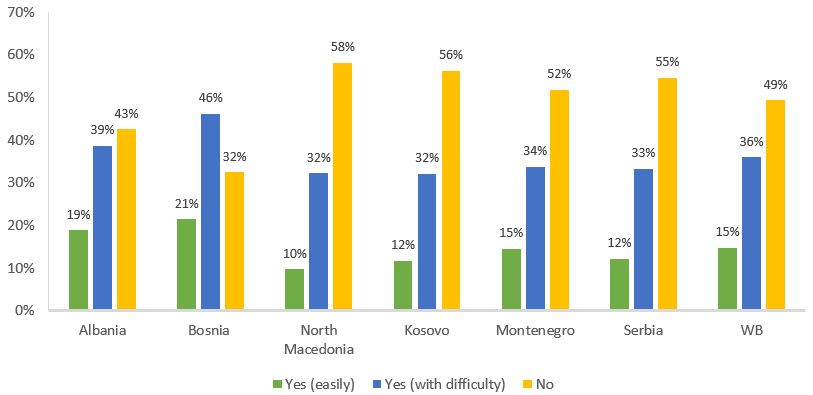References
Comunale, M., Geis, A., Gkrintzalis, I., Moder, I., Polgár, É.K., Quaglietti. L., & Savelin, L. (2019). Financial stability assessment for EU candidate countries and potential candidates Developments since 2016. (ECB Occasional Paper Series, No. 233).
Clark, R.L., Lusardi, A., & Mitchell, O.S. (2020). Financial fragility during the COVID-19 pandemic. (Working Paper w28207). National Bureau of Economic Research Working Paper Series.
Demertzis, M., Domínguez-Jiménez, M., & Lusardi, A. (2020). The financial fragility of European households in the time of COVID-19. (Bruegel Policy Contribution No. 2020/15).
Lusardi, A., & Mitchell, O.S. (2008). Planning and financial literacy: How do women fare? (No. w13750). National Bureau of Economic Research.
Lusardi, A., Schneider, D.J., & Tufano, P. (2011). Financial fragility households: Evidence and Implications (No. w17072). National Bureau of Economic Research. https://www.nber.org/papers/w17072.
Hasler, A., & Lusardi, A. (2019) Financial Fragility among Middle-Income Households: Evidence Beyond Asset Building. (GFLEC Working Paper Series WP 2019.
WB, (2023). “World Development Indicators”. Washington, D.C.: The World Bank.
Demirgüç-Kunt, A., & Klapper, L. (2013). Measuring Financial Inclusion: Explaining Variation in Use of Financial Services across and within Countries. Brookings Papers on Economic Activity 2013(1), 279–340. https://doi.org/10.1353/eca.2013.0002.




